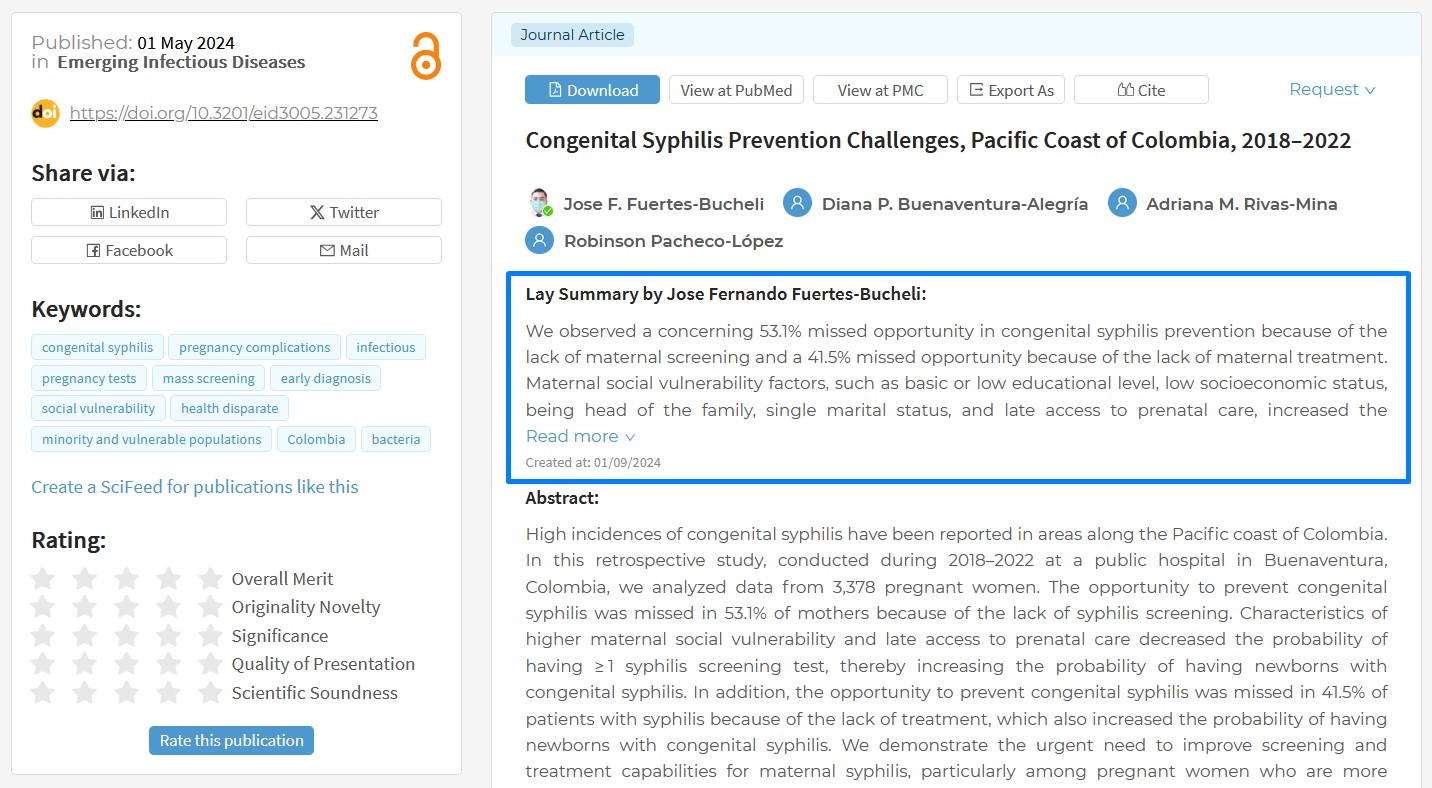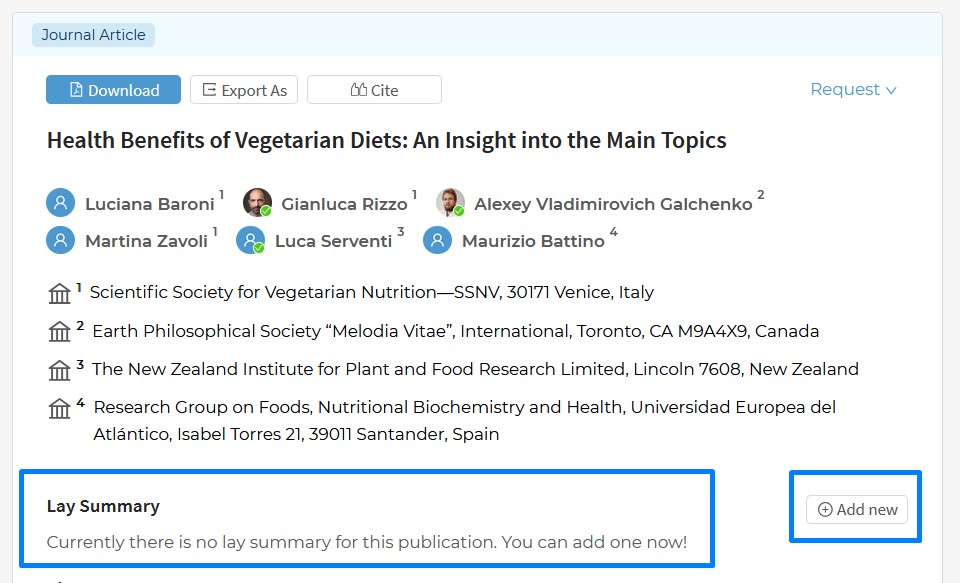📓Imagine the exhilaration of seeing your research finally published after countless hours of dedication and hard work. The sense of accomplishment is immense. But as the initial excitement wanes, a sobering realization sets in: your study is just one among thousands, buried in the vast ocean of academic literature, comprehensible only to a select few specialists. The question then arises: how can you ensure your research breaks through the noise and resonates with a broader audience👩🎓👨🎓, making a tangible impact beyond the confines of scholarly circles?
The lay summary (Layman's summary) is a potent solution.
What is a Lay Summary?
Lay summaries, also known as plain language summaries or non-technical abstracts, are concise synopses of research articles written in simple, non-technical language. They are designed to be accessible to individuals from non-scientific backgrounds who are interested in specific research topics. Unlike traditional abstracts, lay summaries use clear, jargon-free language and straightforward content, making them easier to understand for a wider audience. The goal is to bridge the gap between complex research and non-academic readers by explaining the purpose, conclusions, and benefits of the research in a way that anyone can grasp.
Given that the language used in scientific papers is often difficult for the general public to understand, writing lay summaries for scientific articles can be a crucial means to promote the transparency and accessibility of science.
Why Choose a Lay Summary?
As the scientific community increasingly opens up to the public, lay summaries are becoming an inevitable trend. Funders such as the American Cancer Society, the National Multiple Sclerosis Society, and the federally funded Patient-centered Outcomes Research Initiative require general audience summaries as part of their grant applications.
Additionally, some scientific journals and institutional review boards now mandate abstracts or research summaries written specifically for the lay public. For instance, the Journal of the National Cancer Institute requires that all articles include an abstract "readable by non-specialists as well as by experts in the particular field." The Annals of Behavioral Medicine now requires lay summaries as a fundamental component in behavioral medicine literature.
Writing lay summaries offers numerous benefits:
1. Enhanced Visibility: By making your research more understandable, lay summaries can attract attention from the media, policymakers, and the general public, increasing your academic visibility among peers.
2. Increased Accessibility: Your research achievements may not be limited within the academic wall. A wider real-world community beyond academia will be able to learn and recognize the impact of your research work.
3. Funding Opportunities: Clear and accessible summaries can make your research more appealing to funding bodies and sponsors who value public outreach and the broader dissemination of scientific knowledge.

How to Add a Lay Summary on SciProfiles?
SciProfiles allows you to add lay summaries to your publications directly. Your lay summaries will be recommended to those who may be interested.
Here are the steps to add a lay summary:
1. Sign up or log in to SciProfiles at https://sciprofiles.com/;
2. Open one of your publications on SciProfiles;
3. Find the “Lay Summary” section;
4. Click the “Add New” button on the right;
5. Edit your lay summary and upload.

Some researchers may struggle with writing lay summaries; therefore, we've outlined some writing tips below:
1. Know Your Audience: Tailor your language to the reader’s level of understanding;
2. Avoid Jargon: Use plain language and explain any necessary terms;
3. Be Clear and Concise: Follow a clear, logical order and keep sentences short and to the point.
Ready to start writing your own lay summary? Let's make science accessible to all!